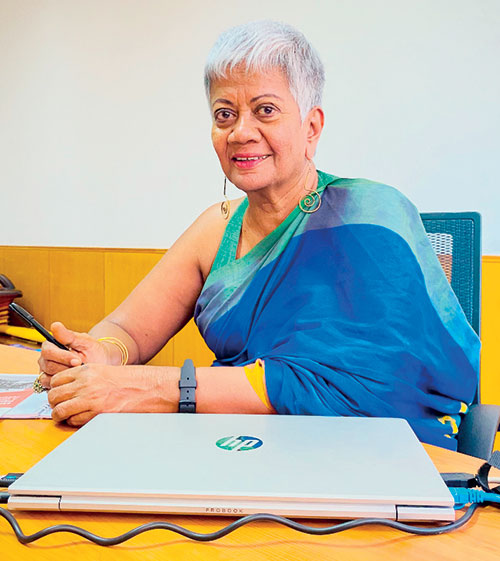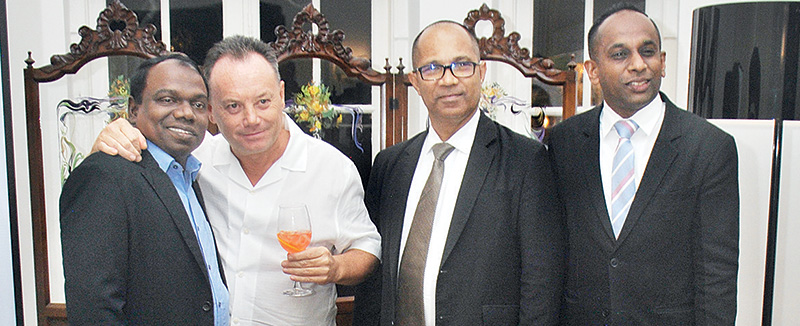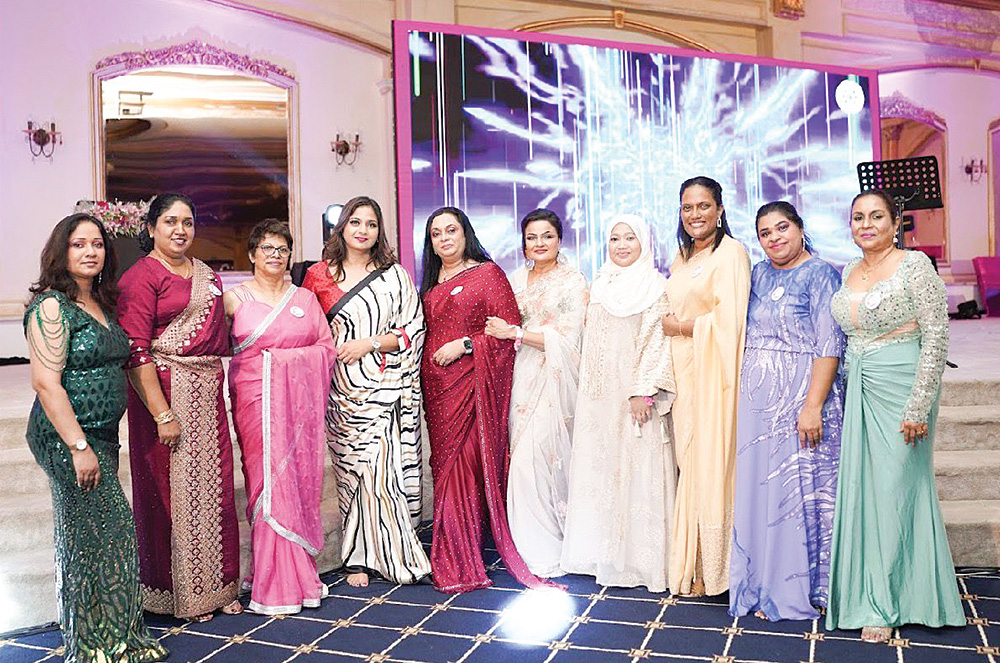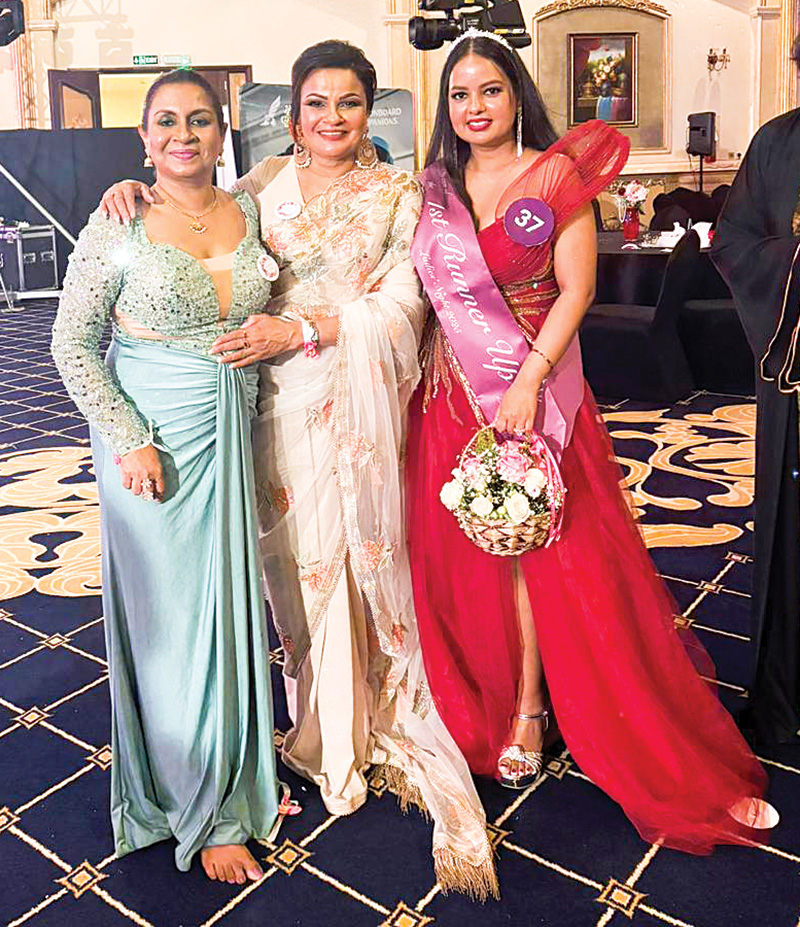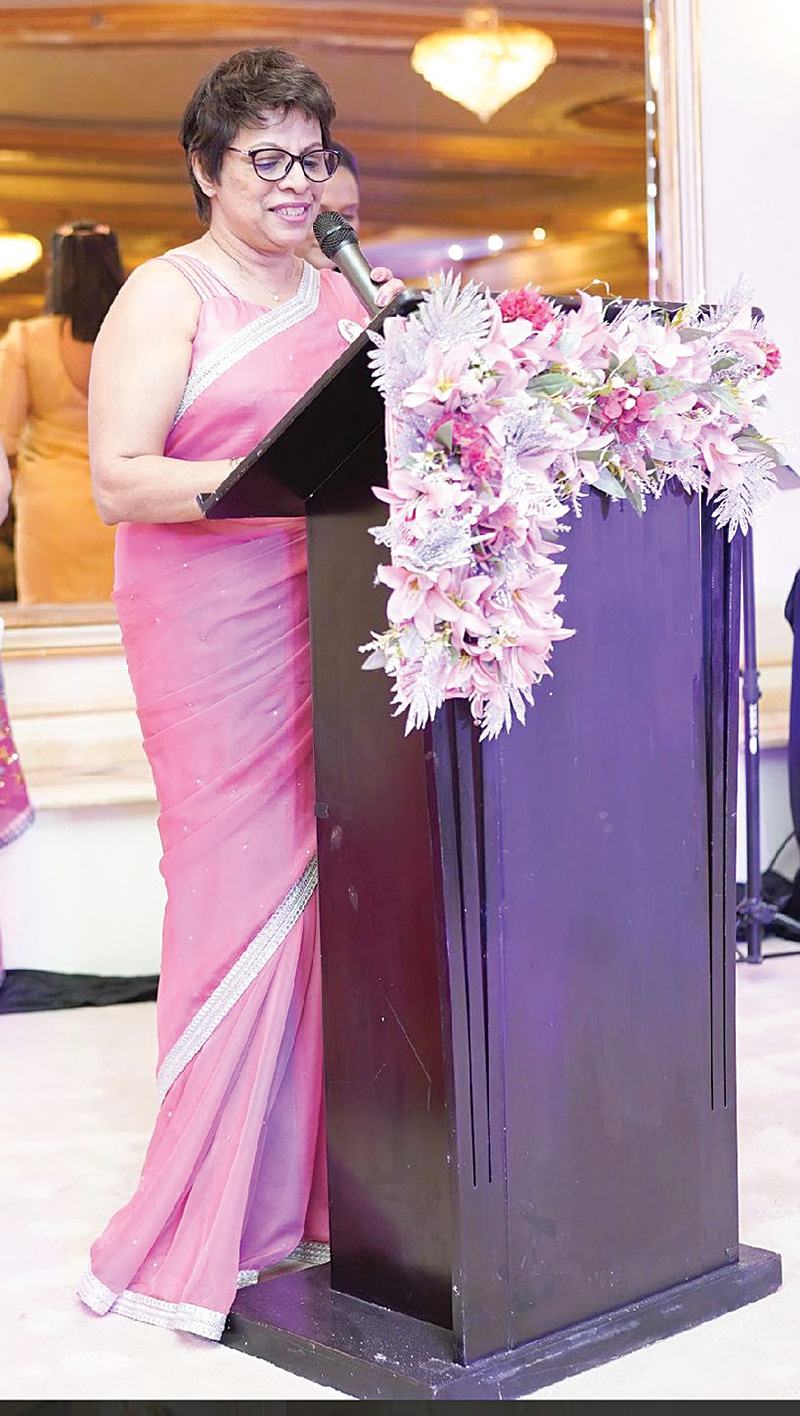Life style
Challenging injustice and changing lives
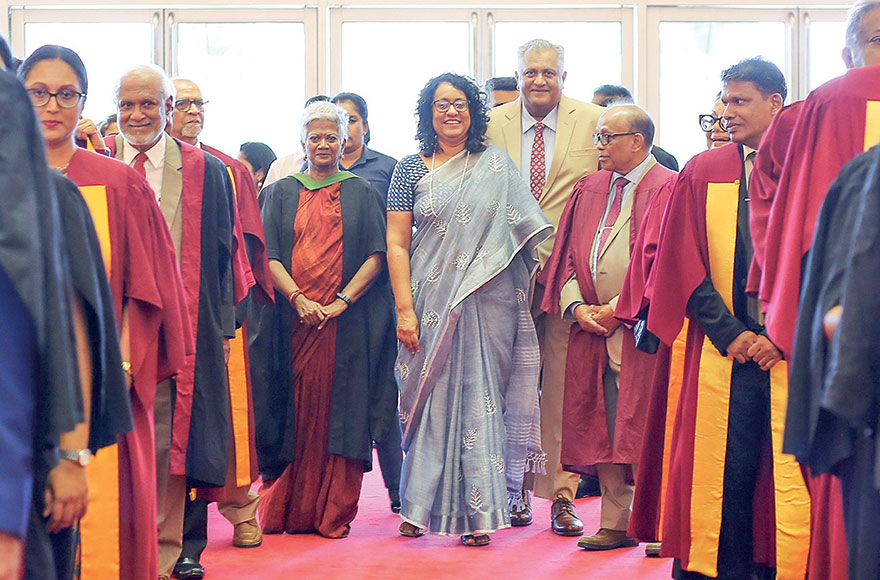
By Zanita Careem
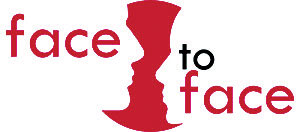 Priyanthi is a feminist, social development and communications specialist who has more than three decades of experience working in development, leading organisations and teams involved in implementing programmes with and for women and other groups disadvantaged by poverty and access to opportunities in diverse cultural, political and socio-economic contexts.
Priyanthi is a feminist, social development and communications specialist who has more than three decades of experience working in development, leading organisations and teams involved in implementing programmes with and for women and other groups disadvantaged by poverty and access to opportunities in diverse cultural, political and socio-economic contexts.
She has lived and worked in fragile and conflict affected countries such as Cambodia, Sri Lanka, Yemen, Sierra Leone and Pakistan, as well as worked in Bangladesh,India, Kenya, and Nigeria. Her work has spanned coordinating and generating knowledge on issues that have been fundamental to international development thought and practice and ensuring that this knowledge is used in policy and programmatic decision making She brought women’s issues into the discourse on infrastructure by initiating a networked research programme – the Balancing the Load: women, gender andtransport programme for Asia and Africa supported by the Department for International Development (DFID), UK and also facilitated a 10-country Africa-Asia gender and transport study for the World Bank. She created the Gender and Transport (GATNET) online network that brought together researchers and practitioners in the transport sector.
Currently Priyanthi holds the position of the Executive Director of the Bandaranaike Centre for International Studies (BCIS), the education arm of the SWRD Bandaranaike Memorial Foundation that manages the BMICH and the other facilities at Baudhaloka Mawatha in Colombo.
Priyanthi is passionate about issues of justice and about fighting structural inequalities – whether they be inequalities relating to gender, access to knowledge and to technology, poverty and livelihoods. She is pleased that she is leading a team at the BCIS that in both its research and teaching is committed to explore the challenges faced by small states in a volatile global context; is focused on study in south-south perspectives in confronting these challenges; aims to critically understand and creatively challenge the dominant worldviews that influence the discourses of international relations; and analyses the changing dynamics of global power relations and the vulnerabilities that they create for people in Sri Lanka and other areas of the global south.
As someone in a traditional male dominated industry, what would you like to see change for women and how do you think this can be accomplished?
I worked in a male dominated sector when working with the Intermediate Technology Development Group (ITDG), now called Practical Action in Sri Lanka, and with the International Forum for Rural Transport and Development (IFRTD), a global network of professionals working largely in the transport sector, in London. I can understand your question about change in two ways: one, how can we challenge the domination of men in the sector, i.e. how can more women enter the sector. I think the sector must be more open to employing women – and this is happening because the attention to DEI – i.e. Diversity Equality and Inclusion – has forced male dominated sectors to bring in women, albeit reluctantly. I am not sure whether the discrediting of this type of thinking by the Trump administration in the USA will have a global knock-on effect. I believe male dominance in the technology and transport sectors (the two I worked in) is a result of stereotyping men and women’s roles in society, and even if there is a high participation of women in STEM education (in Sri Lanka it’s something like 49%) there are disparities within that sector where women are underrepresented in engineering and technology which are typically seen as male-oriented. In a patriarchal society, it is important that employers recognise that women continue to have certain care responsibilities and ensure that their institutional practices do not discriminate or penalize women employees when they have to attend to these responsibilities. What I would like to see happen is not just equity – where women and men are treated equally – but substantive equality where historic discriminations and current inequalities that women face are recognized and addressed.
The second point I want to make in response to your question is the change that I can expect to see not just for women working in these male dominated sectors, but how the sectors themselves will be able to foster greater gender equality if there is more gender balance in the workforce. So bringing a gender perspective into the decision making of the sector or the industry is very important, and the greater the gender balance within decision makers in the sector the more likely that the decision-making will take into account women’s issues.
Of course women’s representation in male oriented patriarchal structures don’t always result in better outcomes for women especially when women are trying to ‘outdo’ their male counterparts or women take male perspectives for granted. . Working as I do now as the Executive Director of the Bandaranaike Centre for International Studies, I meet many women who have studies International Relations, but few who are challenging its very masculine framing.
You have been in various directional roles. What are some of your most memorable experiences?
I have lots of interesting stories – mostly about learning from my colleagues and the women and men I interacted with in the course of my work as an Executive Director in some very different organisations. Some of the more memorable experiences relate to how my approach to my work evolved.
So if you discount my time as a very junior researcher at the Marga Institute, my first ‘real job’ was as a Programme Coordinator responsible for directing the Lanka Mahila Samiti’s Small Enterprise Development Project in the mid 1980s. In this job I had to set up several District Revolving Funds and support the different Mahila Samitis in the districts manage the fund and access the money for different enterprises that they wanted to engage in – so coir rope making in Matara, chillie cultivation and other agricultural enterprises in Moneragala, small scale egg production in Matale etc etc. I realized quite early that I knew very little – it was not just that I was very young, but it was also that the Colombo environment I grew up in had given me no knowledge about coir rope making or chillie cultivation, or raising chickens for egg production!!!! So the experience of working with the Mahila Samiti was very humbling.
The highlight of that time was taking a group of women coir workers from the Matara District and a group of coir workers from Columbuthurai in Jaffna to Kerala. This was during the height of the ethnic conflict. The trip was able to bridge some of that polarization between Tamil and Sinhala people, as both groups found that they had a common occupation, making rope and were able to gain new knowledge by observing the Malayali workers and their organisations in what was the global centre for coir products. They were also able to bond as women. Sometime after, during the 1989 JVP insurgency when young men from the south were being targeted and killed, one of these women from Matara observed that it was only then that they were able to really understand how Valli (a Tamil woman who had travelled with them to Kerala) felt.
At ITDG (Intermediate technology Development Group), I had many experiences that shaped my management style. One was this woman social scientist we had recruited into our renewable energy programme. She was scheduled to go on a field trip to Deniyaya where we were implementing a village micro hydro scheme. But she had joined us after giving the birth to her daughter and she was still breast feeding the baby. So came to me with her problem. So I asked her to do the only practical thing that seemed possible in the circumstances and that was to ask her to take the baby and the nanny and go on the field trip! This initial decision then evolved into something akin to a feminist management policy where the organization recognized the multiple roles that young parents, mothers especially, but also fathers had to play.
With the younger generation reshaping the future, do you think women today will still face the same challenges as their predecessors?
I think we are very far from “smashing the patriarchy”. We have made changes but I don’t believe a non-patriarchal society exists anywhere. It is also frightening how far-right politics are gaining ground, and discriminatory and exclusionary attitudes are surfacing. So while maybe women in the next generations won’t face the SAME challenges as their predecssors, I think they will still be challenged to reach their full potential – because gender equality is still something we have to work for. One big issue that is now out in the open but which is not adequately addressed is the whole aspect of gender based violence, and domestic violence in particular.
When we talk about women we must also recognise that they are not a homogenous category. And this is where we need to absorb the concept of intersectionality. Women will face different challenges depending on their age, their social status, their economic status, their ethnicity, their sexual orientation, their location etc etc and any combination of these. Women’s ability to address these challenges will also depend on their intersectional experiences.
I am a very privileged person, and at 72 years old, I want to say that I am hugely encouraged about what I see young people are doing and I do have a lot of confidence that the younger generation will address these challenges in their own inimitable way. In Sri Lanka I am particularly excited that activism is growing through intrinsically localized movements of artists, queer people, non-elite, non-privileged young people – and this augurs well for our future.
What challenges did you face during your career here and abroad?
I had few personal challenges to my career as a woman in Sri Lanka or as a brown woman abroad, especially in the UK. I come from a family of strong women, my aunt Manel Abeysekera, shattered glass ceilings and was the first woman in the Sri Lanka Foreign Service, and both she and my mother, Soma Kannangara who was at one time the President of the Lanka Mahila Samiti, were my role models. Aunty Manel was surrounded by strong, independent career women; my mother was not a career woman, but she approached her voluntary work with confidence and commitment.
Although much has improved for women because of the female empowerment movement, there is also a downside. Your comments? What is the impact of this attitudes on the lives of women?
I think female “empowerment” is a problematic and dangerous term, especially when it is equated to women’s economic empowerment as it often is. This approach tries to suggest that if women are able to be active members of the labour force, earn some money, they will be empowered – this is also the underlying premise of many micro-finance schemes which we are now learning is not ‘empowering’ women but keeping them perpetually indebted. The conversation around increasing women’s labour force participation that is very much part of the ongoing economic discourse in Sri Lanka, hardly asks whether there are sufficient decent jobs being created for women (and men) or whether the push into the labour force will result in them occupying precarious jobs – at the bottom of global value chains in the apparel industry, in the informal sector as street sweepers etc etc.
The women’s rights movement and the feminist movement have a different take to those advocating women’s economic empowerment. They see the importance of women realizing their civil and political rights and economic, social and cultural rights, and they see gender inequality and discrimination as the result of the prevailing structures of power.
What lies at the root of this attitude?
We come back to the patriarchy and our socialization into very patriarchal values and attitudes
You have recently taken a new job as the Executive Director of the Bandaranaike Centre for International Studies (BCIS) – can you tell us a little about why you decided to take it up?
The Bandaranaike Centre for International Studies (BCIS) was set up by Prime Minister Sirimavo Bandaranaike in 1974 to be the educational arm of the SWRD Bandaranaike National Memorial Fund (BNMF) and to be an institution that democratized learning and knowledge sharing on international affairs. The BCIS conducts certificate and Diploma courses on international relations, conducts research, and has public facing events that aim to create critical awareness about global affairs and Sri Lanka’s position in the global landscape among the public.
I was in Malaysia working for the International Women’s Rights Action Watch Asia Pacific when the Aragalaya and the economic crisis happened. But listening to the news and the different interviews and discussions, I realized that despite Sujith Sivasunderam’s (historian and academic ) contention in ed we had a very insular approach to our approach. In this context joining the international relations community, and using it as a space through which to broaden the thinking of the wider public seemed like a challenging idea.
Are there any obstacles you have had to overcome as a woman in a leadership position?
Looking back at the work I have done, I am conscious that my ability to overcome obstacles and lead so many different Sri Lankan as well as transnational teams is a factor largely of my class privilege. Many of my batchmates at Peradeniya and colleagues in the different organisations I worked in had many more obstacles to overcome – and they made it too.
Life style
Celebration of taste, culture and elegance

Italian Cuisine Week
This year’s edition of Italian Cuisine Week in Sri Lanka unfolded with unmistakable charm, elegance and flavour as the Italian Embassy introduced a theme that captured the very soul of Italian social life ‘Apertivo and’ Stuzzichini’ This year’s celebration brought together diplomats, food lovers, chefs and Colombo’s society crowd for an evening filled with authenticity, refinement and the unmistakable charm of Italian hospitality.
Hosted at the Italian ambassador’s Residence in Colombo, the evening brought Italy’s golden hour ritual to life, embracing the warmth of Mediterranean hospitality and sophistication of Colombo social scene.
The ambience at the residence of the Italian Ambassador, effortlessly refined, evoked the timeless elegance of Milanese evening culture where ‘Apertivo’ is not just a drink , but a moment of pause, connection and pleasure. Guests were greeted with the aromas of apertivo classics and artisanal stuzzichini,curated specially for this edition. From rustic regional flavours to contemporary interpretations the embassy ‘s tables paid homage to Italy’s diverse culinary landscape.
, Italy’s small bites meant to tempt the palate before meal. Visiting Italian chefs worked alongside Colombo’s leading culinary teams to curate a menu that showcased regional authenticity though elegant bite sized creations. The Italian Ambassador of Italy in Sri Damiano Francovigh welcomed guests with heartfelt remarks on the significant of the theme, highlighting how “Apertivo”embodies the essence of Italy’s culinary identity, simple, social and rooted in tradition.
Sri Lanka’s participation in Italian Cuisine Week for ten consecutive years stands as a testament to the friendship between the two countries. This year focus on ‘Apertivo’ and ‘Stuzzichini’ added a fresh, dimension to that relationship, one that emphasised not only flavours, but shaped cultural values of hospitality, family and warmth. This year’s ‘Apertivo’ and “Stuzzichini’ theme brought a refreshing twist to Italian Cuisine Week. It reminded Sri Lankan guests t hat sometimes the most memorable culinary experiences come not from elaborate feasts but from the simplicity of serving small plates with good company.
Italian Cuisine Week 2025 in Sri Lanka may have showcased flavours, but more importantly it showcased connection and in the warm glow of Colombo’s evening Apertivo came alive not just as an Italian tradition.
(Pix by Dharmasena Wellipitiya)
By Zanita Careem
The Week of Italian Cuisine in the World is one of the longest-running thematic reviews promoted by the Italian Ministry of Foreign Affairs and International Cooperation. Founded in 2016 to carry forward the themes of Expo Milano 2015—quality, sustainability, food
safety, territory, biodiversity, identity, and education—the event annually showcases the excellence and global reach of Italy’s food and wine sector.
Since its inauguration, the Week has been celebrated with over 10,000 events in more than 100 countries, ranging from tastings, show cooking and masterclasses to seminars, conferences, exhibitions and business events, with a major inaugural event hosted annually in Rome at the Farnesina, the HQ of the Italian Ministry of Foreign Affairs and International Cooperation.
The 10th edition of the Italian Cuisine Week in the World.
In 2025, the Italian Cuisine Week in the World reaches its tenth edition.
The theme chosen for this anniversary is “Italian cuisine between culture, health and innovation.”
This edition highlights Italian cuisine as a mosaic of knowledge and values, where each tile reflects a story about the relationship with food.
The initiatives of the 10th Edition aim to:
promote understanding of Italian cuisine, also in the context of its candidacy for UNESCO Intangible Cultural Heritage;
demonstrate how Italian cuisine represents a healthy, balanced, and sustainable food model, supporting the prevention of non-communicable diseases, such as cardiovascular diseases and diabetes;
emphasize the innovation and research that characterize every stage of the Italian food chain, from production to processing, packaging, distribution, consumption, reuse, and recycling
The following leading hotels in Colombo Amari Colombo, Cinnamon Life, ITC Ratnadipa and The Kingsbury join in the celebration by hosting Italian chefs throughout the Week.
- Jesudas, chef Collavini,Travis Casather and Mahinda Wijeratne
- Barbara Troila and Italian Ambassador Damiano F rancovigh
- Janaka Fonseka and Rasika Fonseka
- Mayor Balthazar and Ambassador of Vietnam,Trinh Thi Tam
- Anika Williamson
- Alberto Arcidiacono and Amber Dhabalia
- Thrilakshi Gaveesha
- Dasantha Fonseka and Kumari Fonseka
Life style
Ethical beauty takes centre stage

The Body Shop marked a radiant new chapter in Sri Lanka with the opening of its boutique at One Galle Face Mall, an event that blended conscious beauty, festive sparkle and lifestyle elegance. British born and globally loved beauty brand celebrates ten successful years in Sri lanka with the launch of its new store at the One Galle Face Mall. The event carried an added touch of prestige as the British High Commissioner Andrew Patrick to Sri Lanka attended as the Guest of honour.
His participation elevated the event highlighting the brand’s global influence and underscored the strong UK- Sri Lanka connection behind the Body Shop’s global heritage and ethical values.
Celebrating ten years of the Brand’s presence in the country, the launch became a true milestone in Colombo’s evolving beauty landscape.
Also present were the Body Shop Sri Lanka Director, Kosala Rohana Wickramasinghe, Shriti malhotra, Executive chairperson,Quest Retail.The Body shop South Asia and Vishal Chaturvedi , Chief Revenue Officer-The Body South Asia The boutique showcased the brand’s
complete range from refreshing Tea Tree skin care to the iconic body butters to hair care essentials each product enhancing the Body Shop’s values of cruelty ,fair trade formulation, fair trade ingredients and environmentally mindful packaging.
The store opening also unveiled the much anticipated festive season collection.
With its elegant atmosphere, engaging product experiences and the distinguished present of the British High Commissioner, it was an evening that blended glamour with conscience With its fresh inviting space at Colombo’ premier mall, the Body Shop begins a a new decade of inspiring Sri Lankan consumers to choose greener beauty.
Life style
Ladies’ Night lights up Riyadh
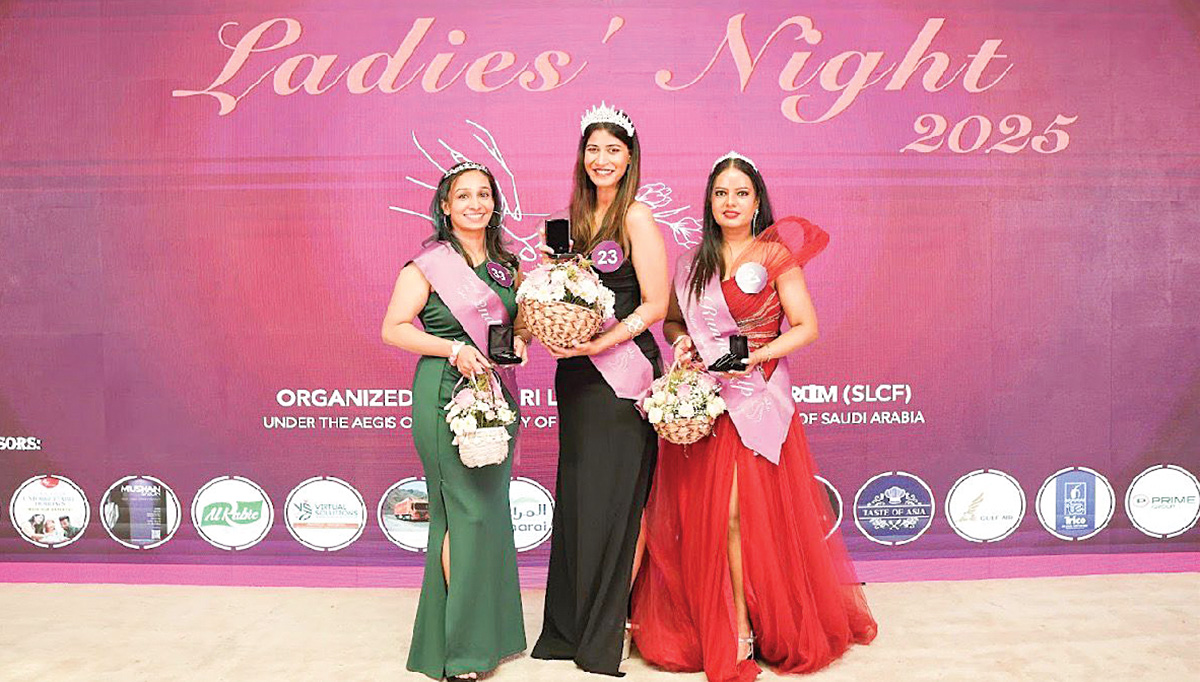
 The Cultural Forum of Sri Lanka in Riyadh, Saudi Arabia brought back Ladies’ Night 2025 on November 7 at the Holiday Inn Al Qasr Hotel. After a hiatus of thirteen years, Riyadh shimmered once again as Ladies’ Night returned – an elegant celebration revived under the chairperson Manel Gamage and her team. The chief guest for the occasion was Azmiya Ameer Ajwad, spouse of the Ambassador of Sri Lanka to K. S. A. There were other dignitaries too.
The Cultural Forum of Sri Lanka in Riyadh, Saudi Arabia brought back Ladies’ Night 2025 on November 7 at the Holiday Inn Al Qasr Hotel. After a hiatus of thirteen years, Riyadh shimmered once again as Ladies’ Night returned – an elegant celebration revived under the chairperson Manel Gamage and her team. The chief guest for the occasion was Azmiya Ameer Ajwad, spouse of the Ambassador of Sri Lanka to K. S. A. There were other dignitaries too.
The show stopper was Lisara Fernando finalist from the voice Sri Lankan Seasons, wowed the crowd with her stunning performances. The excitement continued with a lively beauty pageant, where Ilham Shamara Azhar was crowned the beauty queen of the night. Thanks to a thrilling raffle draw, many lucky guests walked away with fabulous prizes, courtesy of generous sponsors.
The evening unfolded with a sense of renewal, empowerment and refined glamour drawing together the women for a night that was both historic and beautifully intimate. From dazzling couture to modern abayas, from soft light installation to curated entertainment, the night carried the unmistakable energy.
Once a cherished annual tradition, Ladies’ Night had long held a special space in Riyadh’s cultural calendar. But due to Covid this event was not held until this year in November. This year it started with a bang. After years Ladies’ Night returned bringing with a burst of colour, confidence and long-awaited camaraderie.
It became a symbol of renewal. This year began with a vibrant surge of energy. The decor blended soft elegance with modern modernity cascading its warm ambient lighting and shimmering accents that turned the venue into a chic, feminine oasis, curated by Shamila Abusally, Praveen Jayasinghe and Hasani Weerarathne setting the perfect atmosphere while compères Rashmi Fernando and Gayan Wijeratne kept the energy high and kept the guests on their toes making the night feel intimate yet grand.
Conversations flowed as freely as laughter. Women from different backgrounds, nationalities and professions came together united by an unspoken bond of joy and renewal. Ladies’ Night reflected a broader narrative of change. Riyadh today is confidently evolving and culturally dynamic.
The event celebrated was honouring traditions while empowering international flair.
As the night drew to a close, there was a shared sense that this event was only the beginning. The applause, the smiles, the sparkles in the air, all hinted at an event that is set to redeem its annual place with renewed purpose in the future. Manel Gamage and her team’s Ladies’ Night in Riyadh became more than a social occasion. It became an emblem of elegance, and reflected a vibrant new chapter of Saudi Arabia’s capital.
Thanks to Nihal Gamage and Nirone Disanayake, too, Ladies’ night proved to be more than event,it was a triumphant celebration of community, culture and an unstoppable spirit of Sr Lankan women in Riyadh
In every smile shared every dance step taken and every moment owned unapologetically Sr Lankan women in Riyadh continue to show unstoppable. Ladies’ Night is simply the spotlight that will shine forever .This night proved to be more than an event, it was a triumphant celebration of community, culture and the unstoppable spirit of Sri Lankan women in Riyadh.
In every smile shared, every dance steps taken and every moment owned unapologetically Sri Lankan women in Riyadh continue to show that their spirit is unstoppable. Ladies’ Night was simply the spotlight and the night closed on a note of pride!
- Evening glamour
- Different backgrounds, one unforgettable evening
- Shamila lighting traditional oil lamp while chief guest Azmiya looks on
- Unity in diversity
- capturing the spirit of the evening
- Radiant smiles stole the spotlight
- Every nationality added its own colour and charm
- Elegance personified
- Crowning the beauty queen
- Chairperson Manel Gamage welcoming guests
- Captivating performances
- Royal moment of poise and power
- Elegance and style in every form
-

 News2 days ago
News2 days agoOver 35,000 drug offenders nabbed in 36 days
-

 News6 days ago
News6 days agoLevel III landslide early warning continue to be in force in the districts of Kandy, Kegalle, Kurunegala and Matale
-
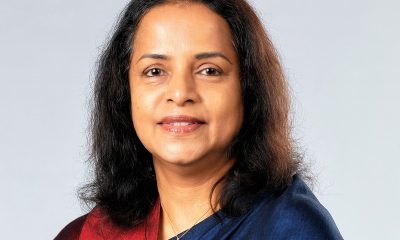
 Business4 days ago
Business4 days agoLOLC Finance Factoring powers business growth
-

 News4 days ago
News4 days agoCPC delegation meets JVP for talks on disaster response
-

 News4 days ago
News4 days agoA 6th Year Accolade: The Eternal Opulence of My Fair Lady
-

 News2 days ago
News2 days agoRising water level in Malwathu Oya triggers alert in Thanthirimale
-

 News1 day ago
News1 day agoCyclone Ditwah leaves Sri Lanka’s biodiversity in ruins: Top scientist warns of unseen ecological disaster
-

 Latest News4 days ago
Latest News4 days agoLandslide RED warnings continue to be in force for the Districts of Kandy, Kegalle, Kurunegala, Matale and Nuwara Eliya

